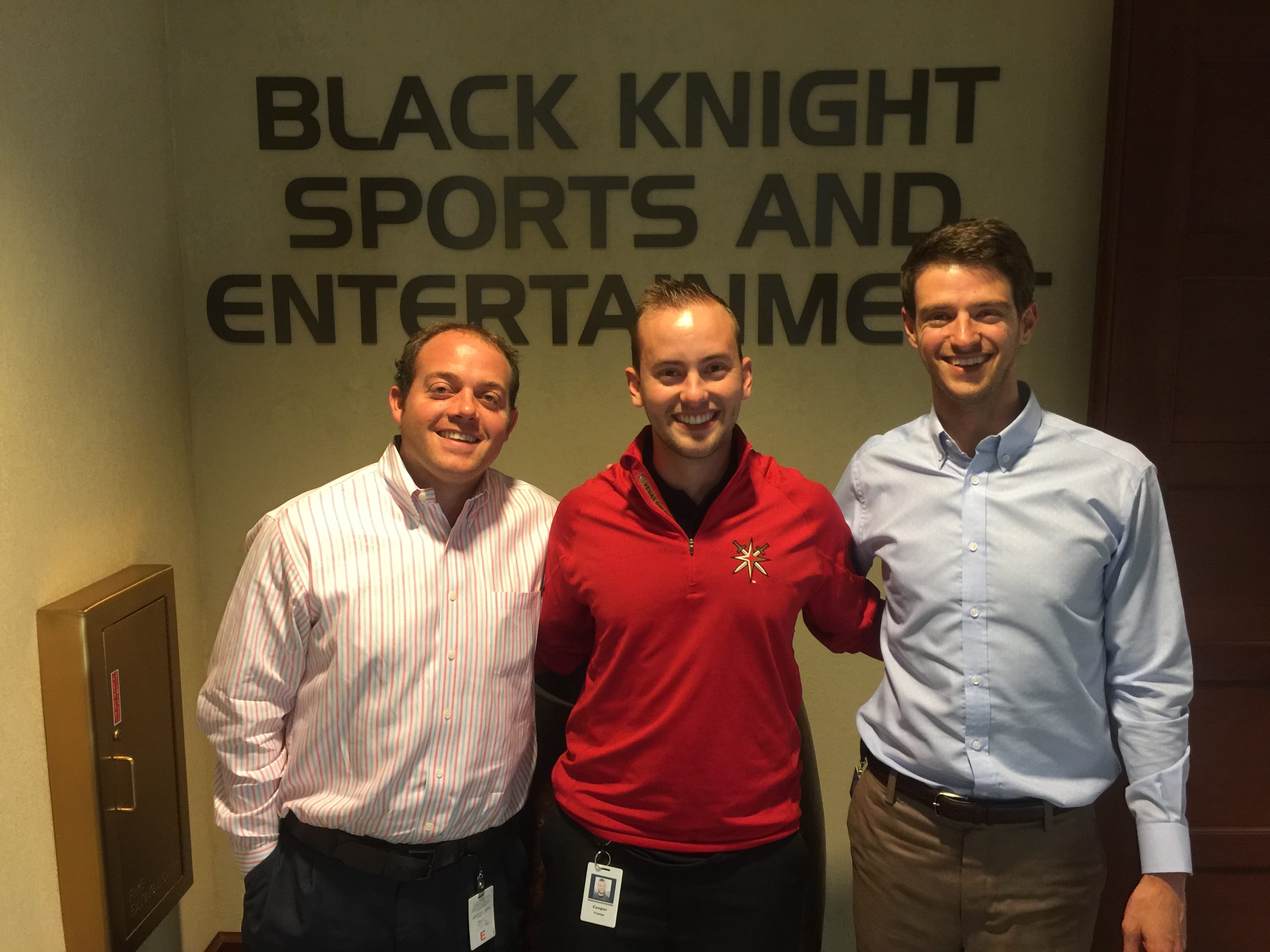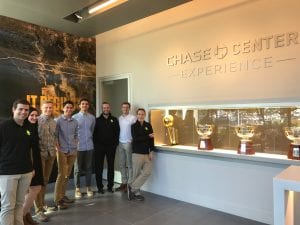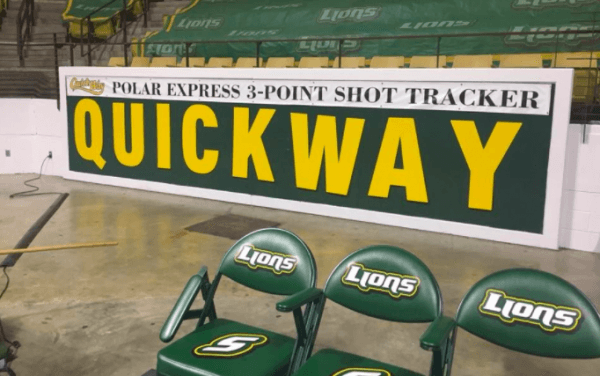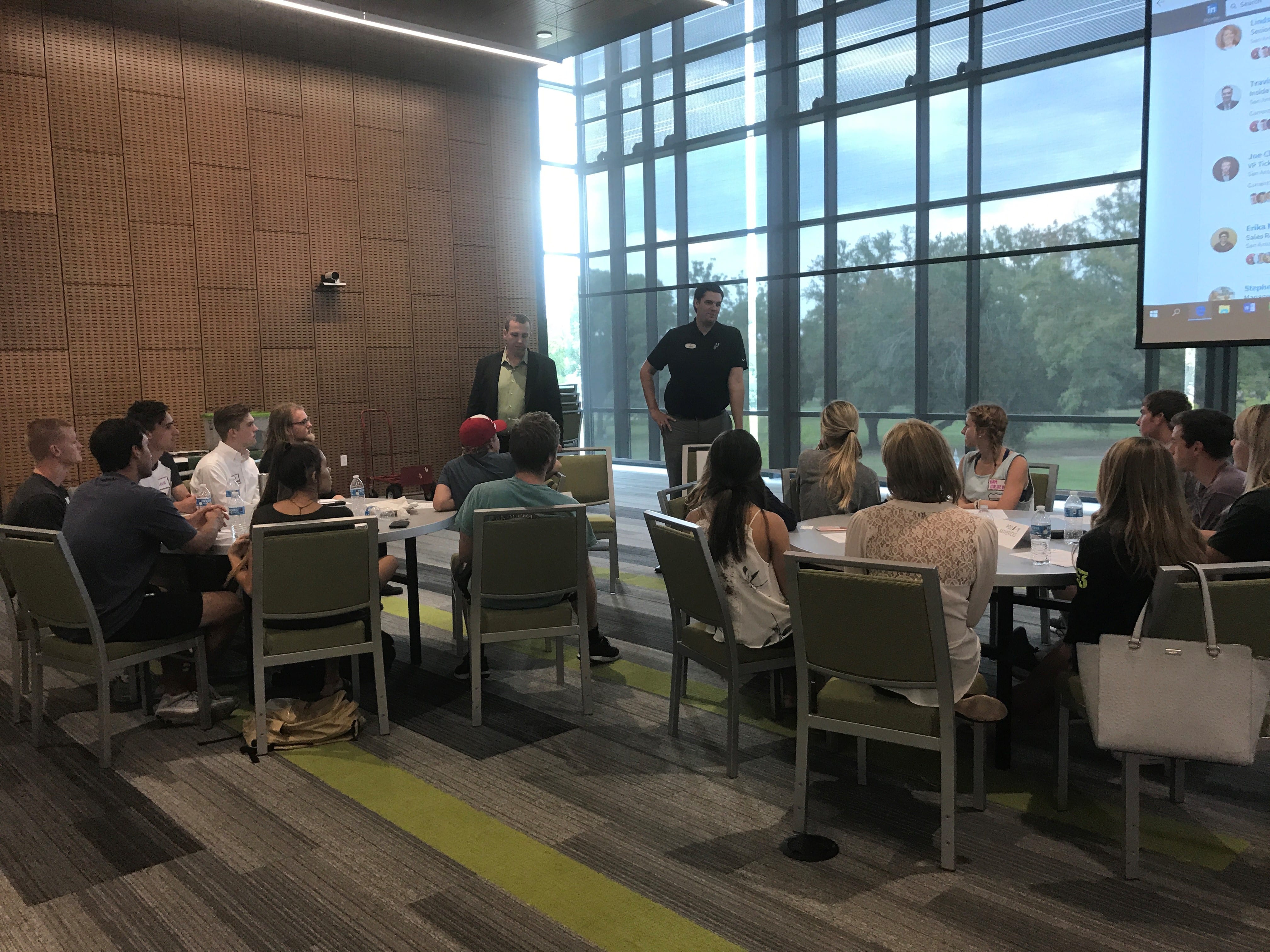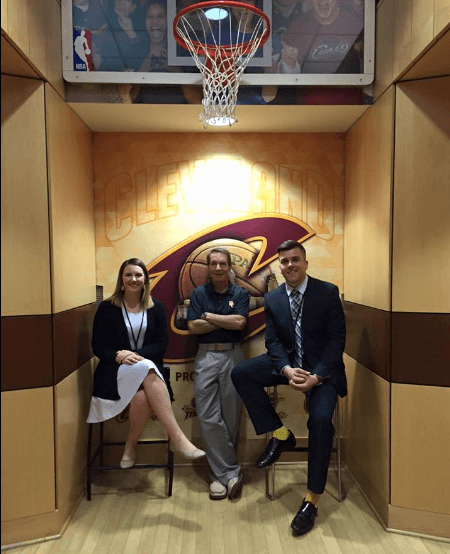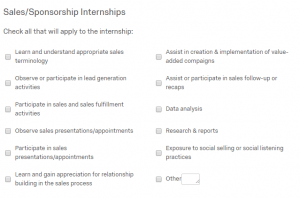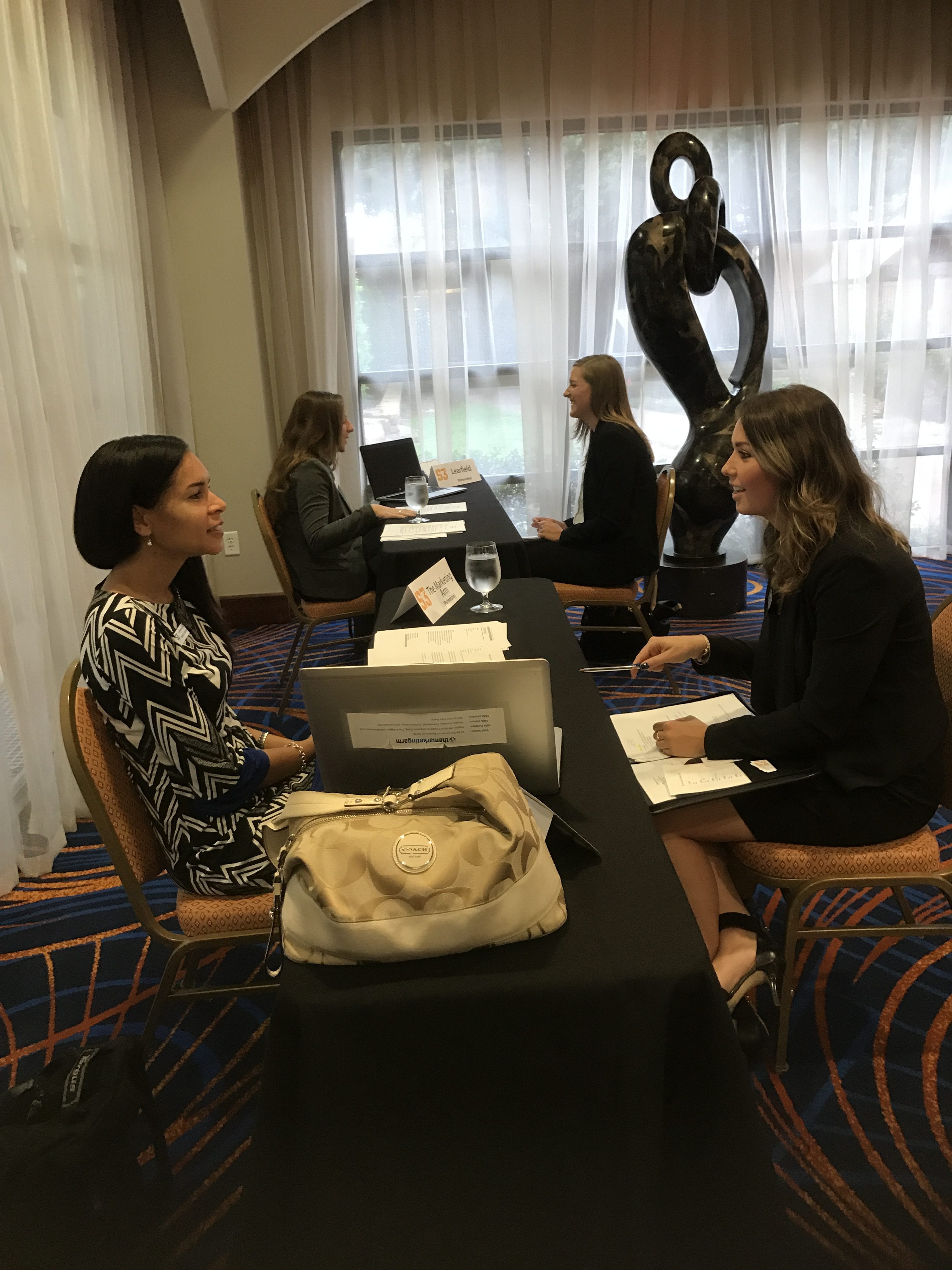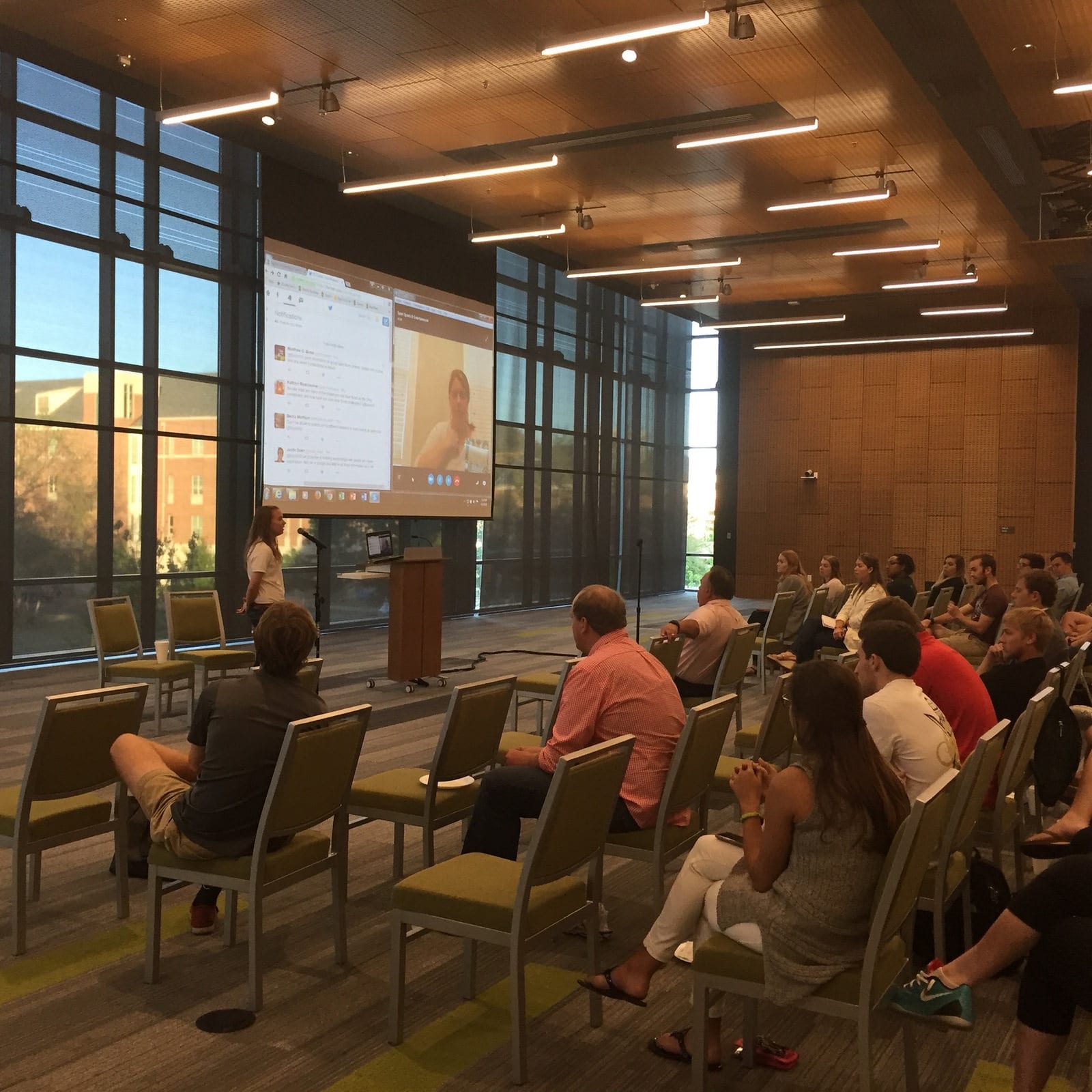Welcome to the new S3 Director
S3 Alumni + Business Professionals: Would you like to be involved in S3 this coming school year? Dr. Lane Wakefield invites you to let us know how! Click here.
With co-founder of the S3 program, Dr. Darryl Lehnus, retiring close of Fall 2020, Baylor University’s Hankamer School of Business is bringing in Dr. Lane Wakefield (Baylor MS ’11) as the incoming Director of the Center for Sports Strategy and Sales (S3). Lane followed in his father, Dr. Kirk Wakefield’s footsteps to create a program patterned after S3 at Mercer University after completing his PhD at Texas A&M in 2016. After a national search, Lane was selected as the incoming S3 Director.
At Mercer University (Macon, GA), Lane helped build their Sports Marketing & Analytics program and launched the National Collegiate Sports Sales Championship. He has published research in prestigious marketing journals, including the Journal of Service Research and Journal of Interactive Marketing, as well as upcoming articles in the Journal of Advertising and Journal of Advertising Research. At Mercer, Lane worked closely with the professional sports teams in Atlanta and throughout the Southeast, as well as with companies and agencies, to educate, train and place students.
With two Dr. W’s in the Center for Sports Strategy & Sales in the Marketing Department, Kirk will continue as the Executive Director, while Lane is the Program Director. As Marketing Department faculty members, both report to the Department Chair, Dr. Chris Pullig, and together will continue the innovative efforts initiated by Dr. Lehnus and the senior Dr. Wakefield. As Lane noted,
“We have always worked well together. Not only through childhood, but even the last few years on research papers. The potential synergy is exciting. It usually takes years to get to know your colleagues, to develop trust and an understanding of each other’s strengths and weaknesses—we’ve got that in spades,” Lane said.
Lane added how it will be an honor to follow the leadership modeled by Dr. Lehnus,
“There should be another version of ESPN’s 30 for 30 documentary ‘Doc and Darryl’ to share what Baylor S3’s Dr.’s Kirk and Darryl accomplished. Most everyone in the sports business world knows and respects S3. A key reason is the Center’s mission to instill integrity. Darryl shared with me how central integrity is to his S3 courses and relationship-building with students. It’s an honor to have the opportunity to build on what he’s done through the Values-Based Leadership course and how the two together established integrity as a hallmark of the program.”
S3 Zoom Class Reunions with Dr. Lehnus
As Professor Lehnus enters his final semester at Baylor this fall, we schedule S3 Class Reunions on Zoom to chat with Dr. Lehnus, each other, and we’ll save a little time to meet the old and new Dr. W’s.
Each meeting will start at 5pm, Thursdays, as follows, with designated class captains helping us get everyone Zoomed in. Click here to register. You’ll need the Eventbrite (free) ticket to access.
- September 10 | Classes 2006-2007 | Todd Pollock + Brian George
- September 17 | Classes 2008-2009 | Mike Vogelaar + Lauren Ward
- September 24 | Classes 2010-2011 | Chase Jolesch + Evin Martinez
- October 1 | Classes 2012-2013 | Michael Hurley + Sarah Proctor
- October 8 | Classes 2014-2015 | Austin Avery + Blake Pallansch
- October 15 | Classes 2016-2017 | Julio Pineda + Erica Moulder
- October 22 | Classes 2018-2019 | Ali Harman + Tanner Clark
Other previous or current advisors and friends in the professional ranks are invited to join any of the class meetings.


